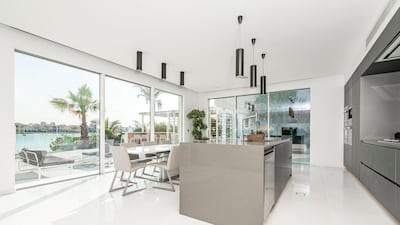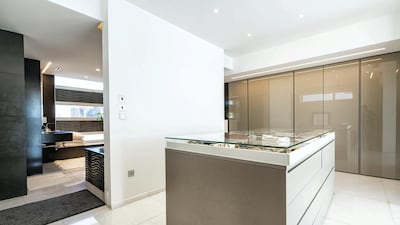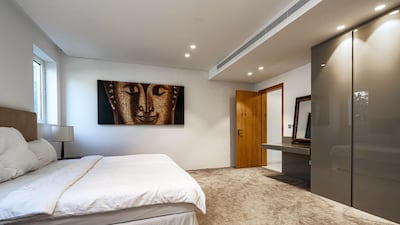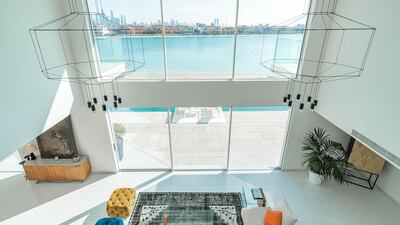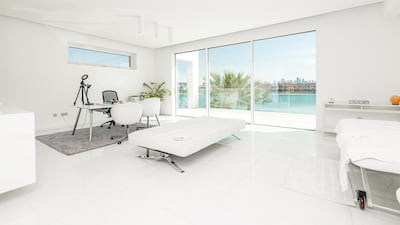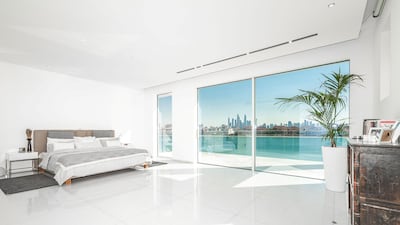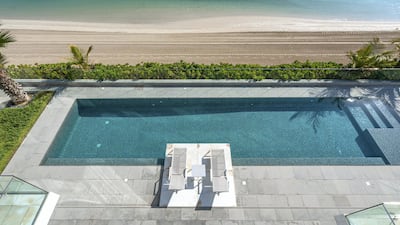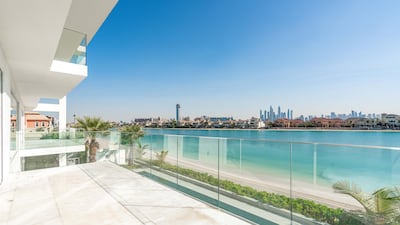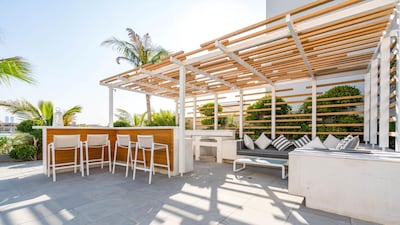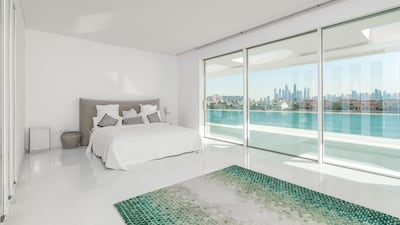Some 35 years after buying my first home, and as I am about to retire as a personal finance columnist, it seems like a good time to review my best lifetime investment.
There have been a few great performers during that period in my financial portfolio: Emaar shares; a modest pension plan that turned into a decent lump sum and my own business, which I sold before the global financial crisis of 2008-09. But nothing has really topped simple residential real estate. So, why is that?
Well, I have saved 35 years of rent for a start, or better still earned money from rent when a company paid for my apartment in Dubai.
Then, there was house price inflation. Of course, there were a few years when prices fell but overall the direction has been up and up. At the same time, mortgage rates gradually fell and so did the mortgage payments. There came a time when I was finally able to pay it off 13 years ago, and that early repayment saved 8 per cent on interest alone. Keeping money in the bank instead would have earnt 6 per cent in interest, which is unbelievable today.
Meanwhile, my salary benefited from the same rising inflation and a gradual move up the media ladder.
The financial engineering that makes home ownership work is straightforward and easy to understand. When buying a residential property, most buyers take a large loan at a fixed point in time and make a big investment. You immediately have a serious amount of money at work on your behalf.
You do not have to drip feed into an investment plan for years to accumulate a decent sum, and only then find that it is not enough to fund your retirement due to fraud, unsound management or a bear market. Bricks-and-mortar are solid and not a paper asset; you can see and feel what you own.
The other main reason why residential property investment works so well is that everybody has to live somewhere and expects to pay up to a third of whatever their income is to do so.
You have a situation of very stable demand and generally stable cash flow. Any investment expert could come up with a moneymaking plan with those inputs.
That’s why in my long career as a financial journalist – which included a decade writing about real estate in the UK – I have met many more people whose financial success has been mainly down to buying residential property than those who have done so through business or investing in the stock market.
Not surprisingly when I moved to the UAE and it became possible to buy residential property, I was literally one of the first in the queue. How many of my older friends today are considerably richer because they did the same thing? Quite a few.
But there will always be people who tell you not to do it. My lawyer told me emphatically not to buy in Dubai. He did later admit to being completely wrong.
So where do we stand today? When I left the UK there were many dire warnings about house prices being far too high. Yet they have more than tripled since then.
To repeat the difference from share investment schemes: you put a large capital investment to work for you from day one, usually borrowed from a mortgage provider. You do not have to slowly accumulate capital from your own savings.
However, the current very high valuations in UK property do make the likely future returns lower than in the past. That said, the British government will likely have to keep on printing money to devalue its debts via inflation, and housing is a much better hedge against inflation than stocks or bonds.
That’s because salaries will rise with inflation, while the amount you borrow from a mortgage provider is fixed at the time of purchase. Of course, you have to be wary of interest rates rising to combat inflation, but your actual debt will never change from the day you bought, unless you choose to pay it off. Any gain in house prices is therefore all profit for you.
Buying a house in a depressed market with lower than average prices is the surest way to improve your return on residential property, as with pretty much with every other asset class. However, you are unlikely to be able or willing to borrow such a large amount to invest from day one for other assets, so you will never be able to achieve the same total return.
What you don’t ever want to do with real estate is to have to sell if prices temporarily fall. Your mortgage payments may drop too under such circumstances as interest rates often move lower in bad times. If you lose your job then get another one, or just rent your house out and live somewhere cheaper.
Residential property is just so much more flexible than the alternatives, and the substantial size of your initial investment is the real key to its high rate of return over the long term.
Peter Cooper retires after spending more than 25 years writing about Gulf finance
_______________



